Here’s a little mix breakdown for Ace Box Sneak, the A Side to the debut Ace Box Shift 7″, due out May 2 and now taking pre-orders.
NOW TAKING PRE-ORDERS: Ace Box Shift debut 7″

SAVE 15% when you pre-order!
In stock and ready to ship. All pre-orders ship on or before May 2.
Blair Krivanek and Cy Pierpont spent nearly half a decade adding depth and drive to the soul revival sound of Sonny Knight & The Lakers, the eight-piece powerhouse known for electrifying stages around the world. When frontman Sonny Knight tragically passed away in 2017, the Lakers’ journey came to a heartbreaking halt.
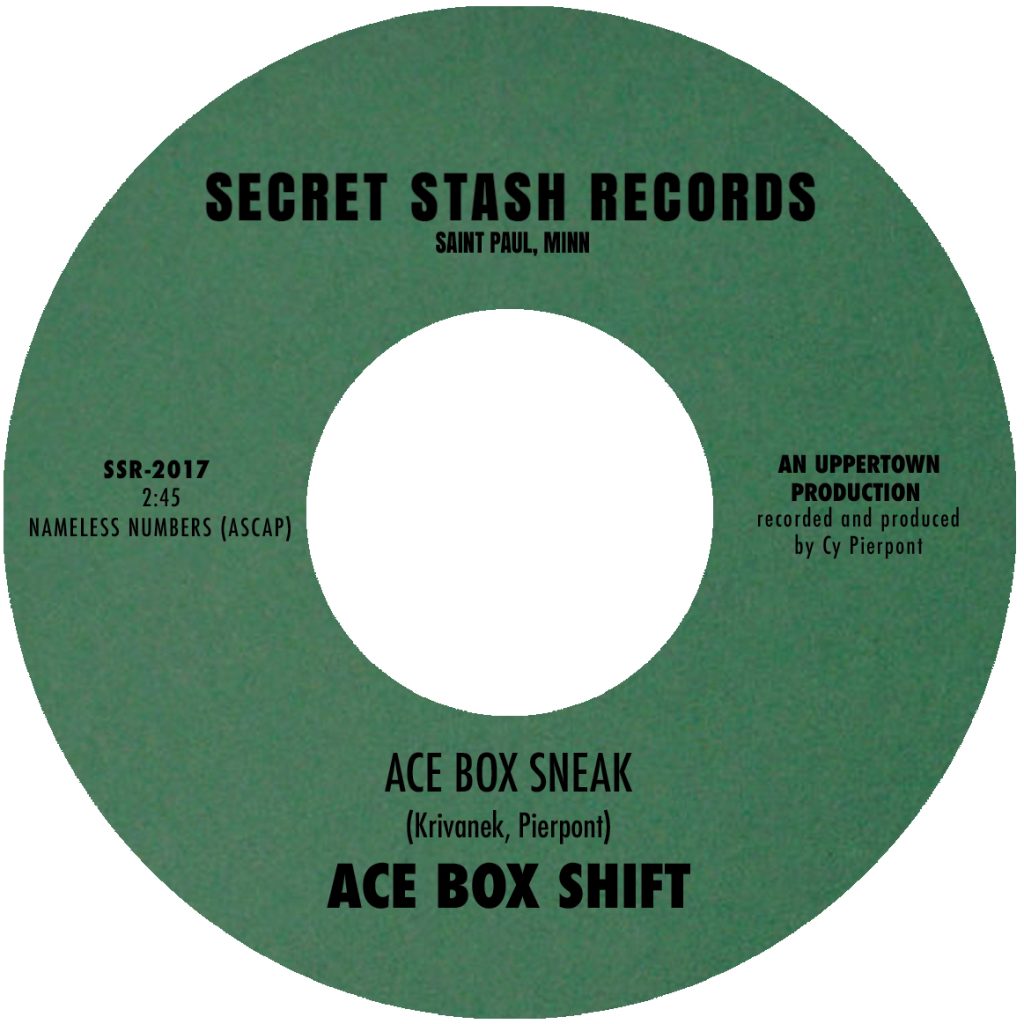
Now, after years of silence, Krivanek (guitar) and Pierpont (drums, bass, percussion) are back with Ace Box Shift, their first collaboration since the Lakers’ untimely end. Their debut 7-inch on Secret Stash Records, “Ace Box Sneak” b/w “$100 Eldorado,” is a blistering two-sided firestorm of instrumentals, tailor-made to help DJs set dance floors ablaze. Krivanek’s jazz-soaked riffs glide over Pierpont’s relentless, no-holds-barred rhythms, fusing together in a sound that’s equal parts raw, funky, and utterly electrifying.
Hi-Bridge Band drop Mr. Lucky flipside
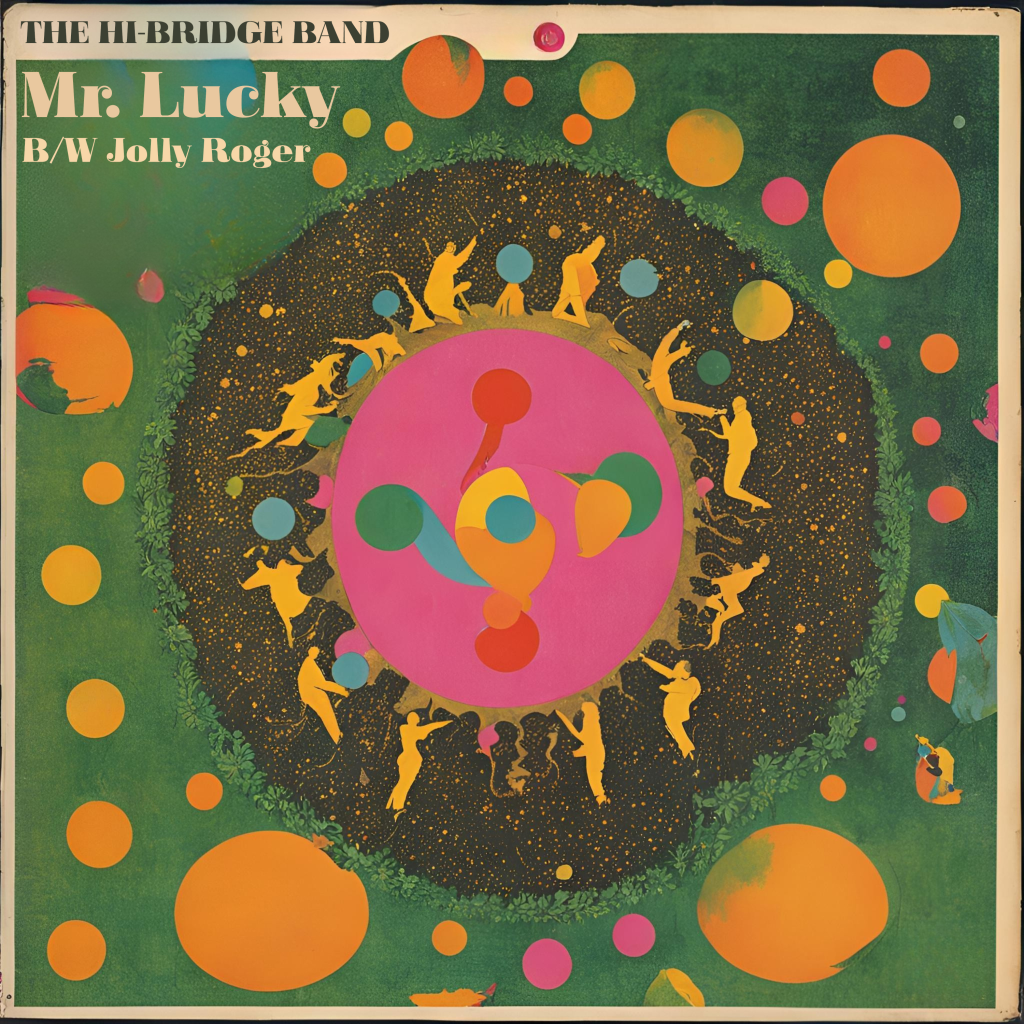
In case you missed it, back in March our very own Hi-Bridge Band dropped their debut single, Mr. Lucky. As promised, here’s the flip. You can stream both tracks together as a proper A/B side on your platform of choice.
Trumpet: @helgesonriley
Saxes: @connorcarr0ll
Organ: @kevingastonguay
Everything else: @cypierpont
Now the questions is, do we press some wax…
Pierpont & Helgeson debut w/ “Big Bad Winston”
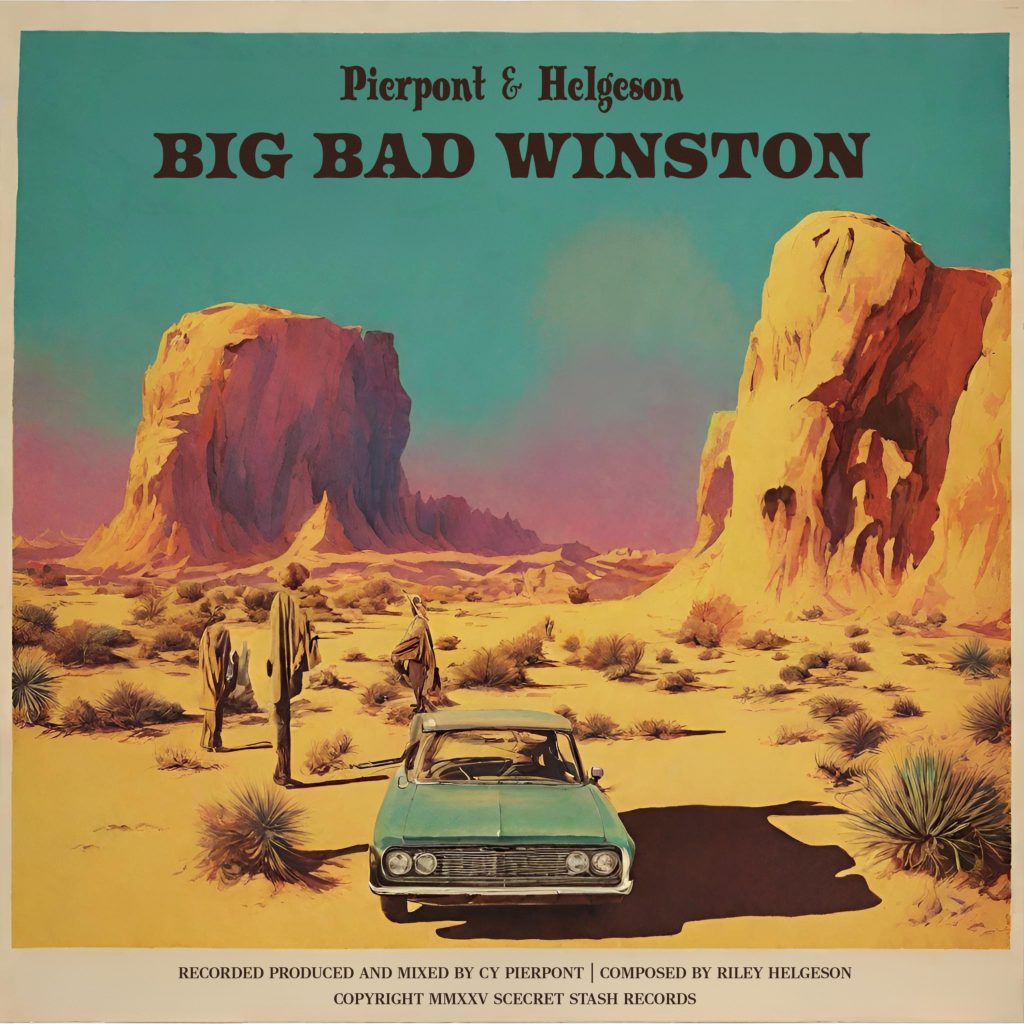
Pierpont & Helgeson make their debut with Big Bad Winston, a swaggering slice of spaghetti western allure steeped in dust and girt. Splashy baritone guitar, cinematic strings, and a sauntering sample-worthy groove conjure visions of a space in which every note glows like a mirage at the golden hour.
It’s the perfect first glimpse into the kaleidoscopic world of Cy Pierpont and Riley Helgeson, where music shimmers like a rain-soaked road under a summer moon — beautiful, but with shadows that twist and stretch in unexpected directions. As composers, multi-instrumentalists, and sonic explorers, Pierpont & Helgeson craft a sound that feels as though it’s been pulled from an early 70s soundtrack, or a dimly lit lounge where the breeze stirs the curtains just enough to reveal hidden secrets. Their music doesn’t just fill the room—it inhabits it, casting new light on familiar corners.
Cy Pierpont, a master of studio alchemy, imbues an eerie beauty into their sound, sculpting textures that crackle with both warmth and menace. Riley Helgeson, the architect of their intricate arrangements, weaves harmonies that float like drifting smoke, sometimes soothing, sometimes haunting, but always with a sense of mystery. Together, they conjure a landscape where the elegance of easy listening mingles with the raw edge of rock and rhythms that groove with a funky pulse—where silk-smooth melodies meet something darker and deeper.
So close your eyes, let the music surround you, and surrender to the pulse of a dreamscape where beauty and darkness dance together. In the hands of Pierpont & Helgeson, every note invites you into a world where the past is reimagined in shifting hues, and the future is a wild, enigmatic ride.
Now Taking Pre-Orders: Little Tommy I’m Hurt/Lov’h
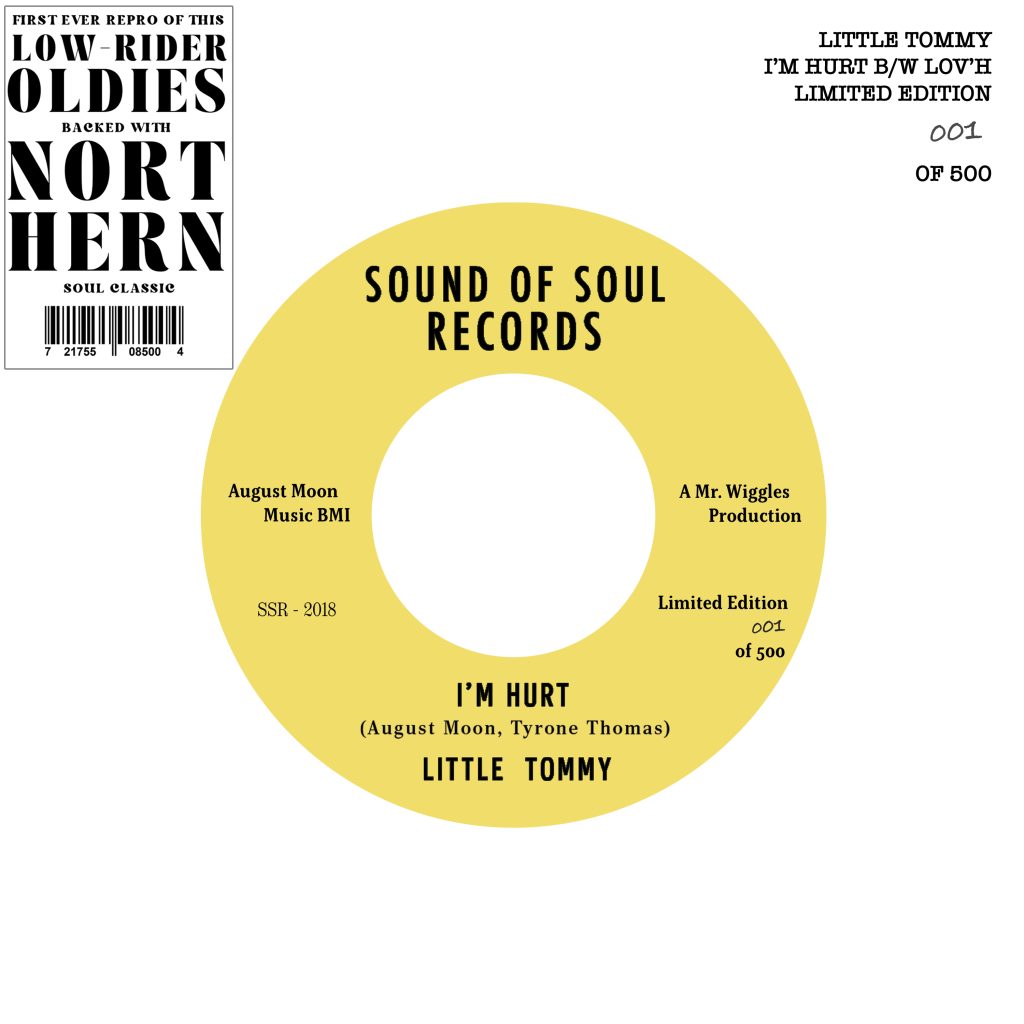
LIMITED EDITION 500 UNIT PRESSING
HAND NUMBERED | ORDER EARLY TO SECURE A LOW NUMBER
ORDERS SHIP ON OR BEFORE APRIL 4
………
To crate-diggers, he’s Tyrone Thomas, the man behind Tyrone Thomas and the Whole Darn Family’s “Seven Minutes of Funk”—one of the most sampled tracks in music history. But dig a little deeper, and Northern Soul and Low-Rider Oldies devotees know him better as Little Tommy, a teenage sensation who cut his teeth in the ’60s on August Moon’s Sound of Soul label.
Now, Secret Stash Records is thrilled to present the first-ever reproduction of this Richmond, VA native’s 1964 debut, “I’m Hurt” b/w “Lov’h.” Clean copies of this rare gem easily fetch over $200, and for good reason. Originally released when Thomas was only 16, “I’m Hurt” became a Low-rider Oldies anthem, while “Lov’H” has fueled Northern Soul all-nighters for generations.
This limited pressing—only 500 hand-numbered units—pays homage to Little Tommy’s early impact, preserving a slice of soul history that’s as rare as it is timeless.
The Hi-Bridge Band debut single
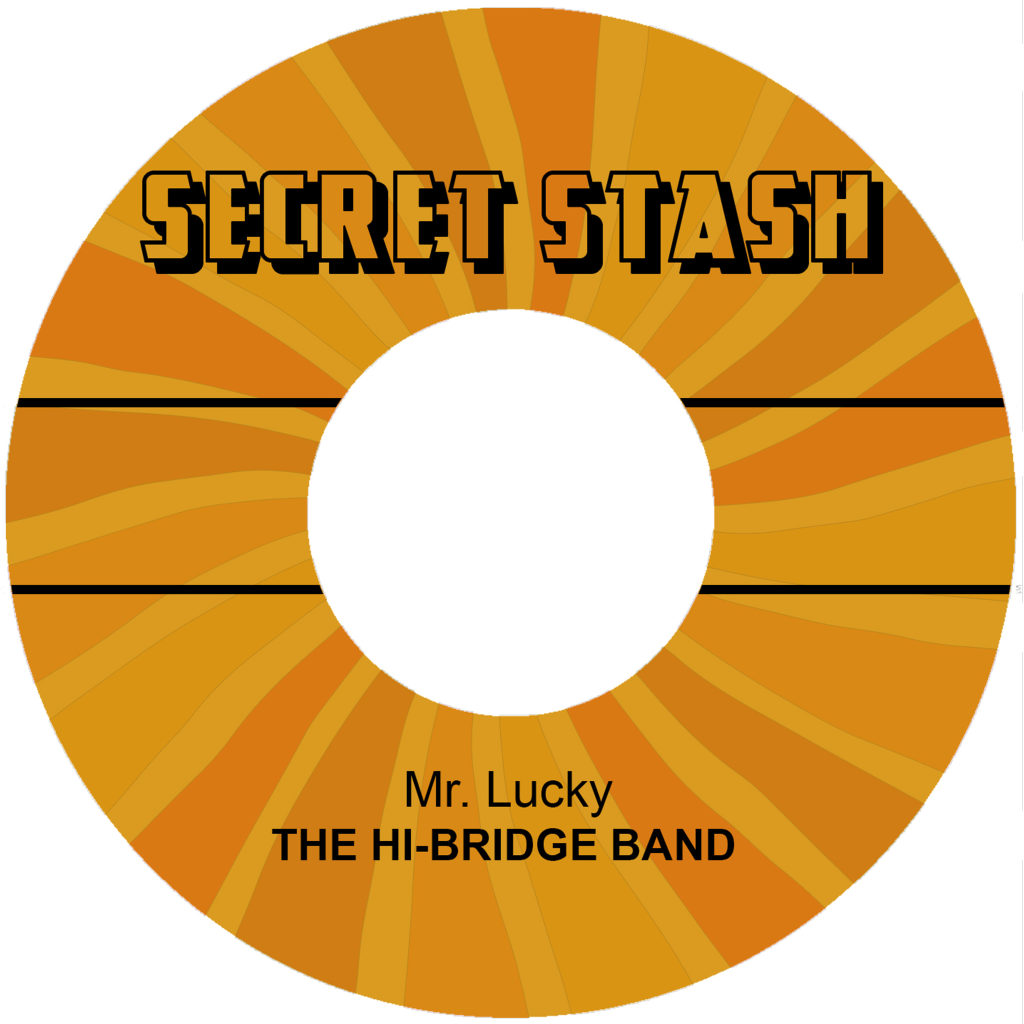
Rooted in groove, driven by rhythm, and led by a horn section that doesn’t waste a note, The Hi-Bridge Band is a studio project produced by Cy Pierpont (Sonny Knight And The Lakers, The Valdons, Wanda Davis) for Secret Stash Records. Recorded in Pierpont’s private home studio overlooking Saint Paul’s Highbridge, the band—a rotating cast of Sonny Knight And The Lakers alums—is unpolished in the right ways, loose enough to breathe but never careless. It’s a sound that doesn’t push too hard but doesn’t hold back either.
Trumpet: @helgesonriley, Saxes: @connorcarr0ll, Guitar: @BlairKrivanek, Guitar, Bass, Drums, Percussion: @CyPierpont
Stay tuned for the flipside!
